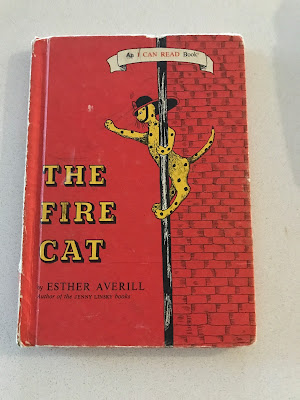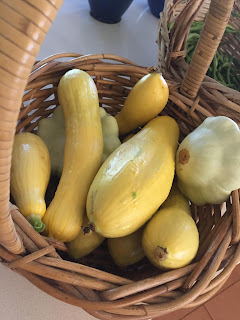Mrs. Goodkind's Advice
I have a sad story to tell about Lil’s Garden. After a disastrous year of gardening last year, we were determined to make every effort towards a successful garden this year. We drew a garden plan, reformed the raised beds, made a special trip to David’s Seeds to purchase seeds, grew 80 tomato plants and other things from seeds, and set up trellises for the tomatoes, beans, and cucumbers.
To enhance our soil, we got three truckloads of manure compost from a neighbor who was mucking out her barn after 10 years. We worked the compost into the beds with the tiller.
We planted the plants and sowed the seeds and waited. Many of the seeds didn’t germinate.The potatoes were very slow to come up, and when they did the leaves were cupped and curly. They just didn’t look right. I got on the internet to diagnose the problem. It appeared that the manure compost may have contained herbicide. I contacted our rancher friend and asked if they had sprayed herbicide on their pastures. She said she thought they had sprayed the pastures with Grayzon about three years before. She wasn’t sure what had happened before that. So some years ago the pastures had been sprayed with a herbicide to kill the broadleaf weeds, and the cows had eaten the grass which had herbicide on it. It didn’t bother the cows, but the herbicide was collected in their urine and feces, which was deposited in the hay in the barn, where it sat undisturbed for ten years, until we brought it to our place and spread it all over our garden. Basically, unknowingly, we treated our dear tender plants with herbicide. Not a great way to start a garden. Our plan now is just to wait and see what happens. Will the sun, rain, and microbes be able to break down those chemicals and give those poor plants a fighting chance? We did learn a terrible lesson about the longevity of chemicals.
Some of you may have read my blog, “Threescore ten and then…,”where I talk about our proposal to make our 50th year of marriage a Jubilee, that sets the captives free, erases debts, and lets the land lie fallow. I wasn’t really intending to let the garden lie fallow also, but I guess that’s happening.
I have been thinking a lot about the poisoning of the soil, trying to understand it. We didn’t know that we were doing anything wrong. Our friend that gave us to compost didn’t know that she was passing on something that would contaminate our garden. It happened a long time ago. The people that used those chemicals probably thought that they were improving the pastures for their cattle. Now there’s nothing to do but to seek restoration. Perhaps there’s a lesson to be learned in all of this. But it still makes me very sad.
I have been doing research lately about the enslaved people that
lived in my county, Wilson County. Although it’s not a perfect analogy, it sort
of feels the same. My home is poisoned. I had a part to play in it, but I didn’t
fully comprehend my complicity. The others who contributed to the problem may
or may not have been fully aware of the long-term effects of their poison. But
now the right thing to do is to do all I can to help the land restore itself.
And it may be a long, slow process.
“Pickles, you are not a bad cat.
You are not a good cat.
You are good and bad.
And bad and good.
You are a mixed-up cat.
What you need is a good home.
Then you will be good.”
Thank you, Mrs. Goodkind for your example of wisdom, patience, and hospitality.










Comments
Post a Comment